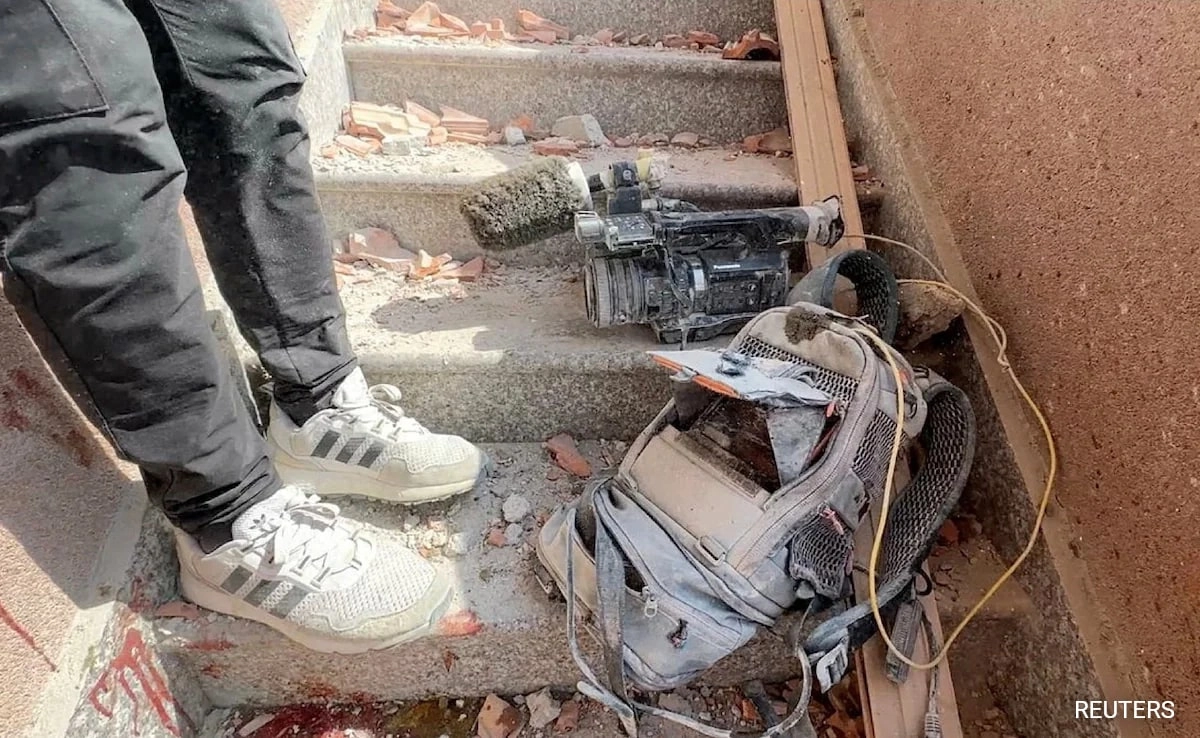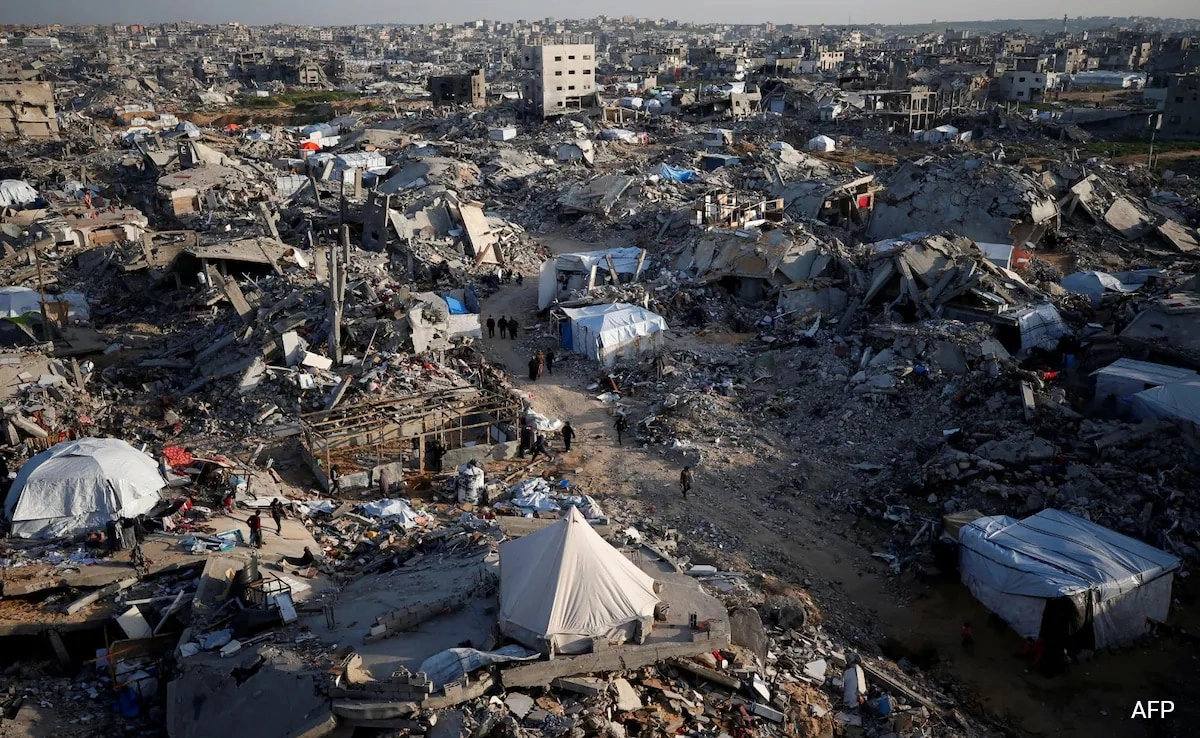In recent military operations, Israel has stated that it specifically targeted Hamas infrastructure, including a camera used for broadcasting by the militant group, during airstrikes that inadvertently resulted in the deaths of several journalists in Gaza. This incident has ignited widespread condemnation and raised serious questions about the protection of press members in conflict zones. The Israeli Defense Forces (IDF) have justified their actions by asserting that the objective was to dismantle Hamas’s capabilities to disseminate propaganda and conduct operations against Israel. However, the collateral damage, particularly the loss of innocent lives, has sparked international outrage and calls for accountability.
The airstrikes, which took place amidst ongoing hostilities between Israel and Hamas, were part of a broader military campaign aimed at neutralizing perceived threats from the militant group. The IDF claims that the targeted camera was integral to Hamas’s communication and operational strategies, serving to coordinate attacks and spread information. Nevertheless, the tragic outcome of the strikes, which included the deaths of journalists who were simply doing their jobs, highlights the precarious nature of reporting in conflict areas. The media plays a crucial role in providing unbiased coverage and informing the global community, yet they often find themselves in the crossfire of military operations.
Human rights organizations and media advocacy groups have condemned the strikes, emphasizing that journalists must be afforded protection under international law, even in times of war. The deaths of these journalists represent not just a loss for their families and communities, but also for the integrity of journalism in conflict zones. The situation underscores the urgent need for all parties involved in such conflicts to adhere to international humanitarian standards, ensuring the safety of civilians and media personnel. As the situation in Gaza continues to evolve, the international community watches closely, advocating for measures that safeguard press freedom and protect those who endeavor to report the truth amidst chaos and violence.
In the wake of this incident, calls for an independent investigation into the airstrikes have intensified, with demands for transparency and accountability. The discourse surrounding military operations and their impacts on civilian life, particularly on journalists, is becoming a focal point in discussions about warfare ethics. The loss of life, especially among those who contribute to the public’s understanding of complex geopolitical issues, raises critical ethical questions about the conduct of military operations in densely populated areas like Gaza. As the conflict persists, the need for a robust dialogue on the protection of journalists and the responsibilities of warring factions remains paramount.




